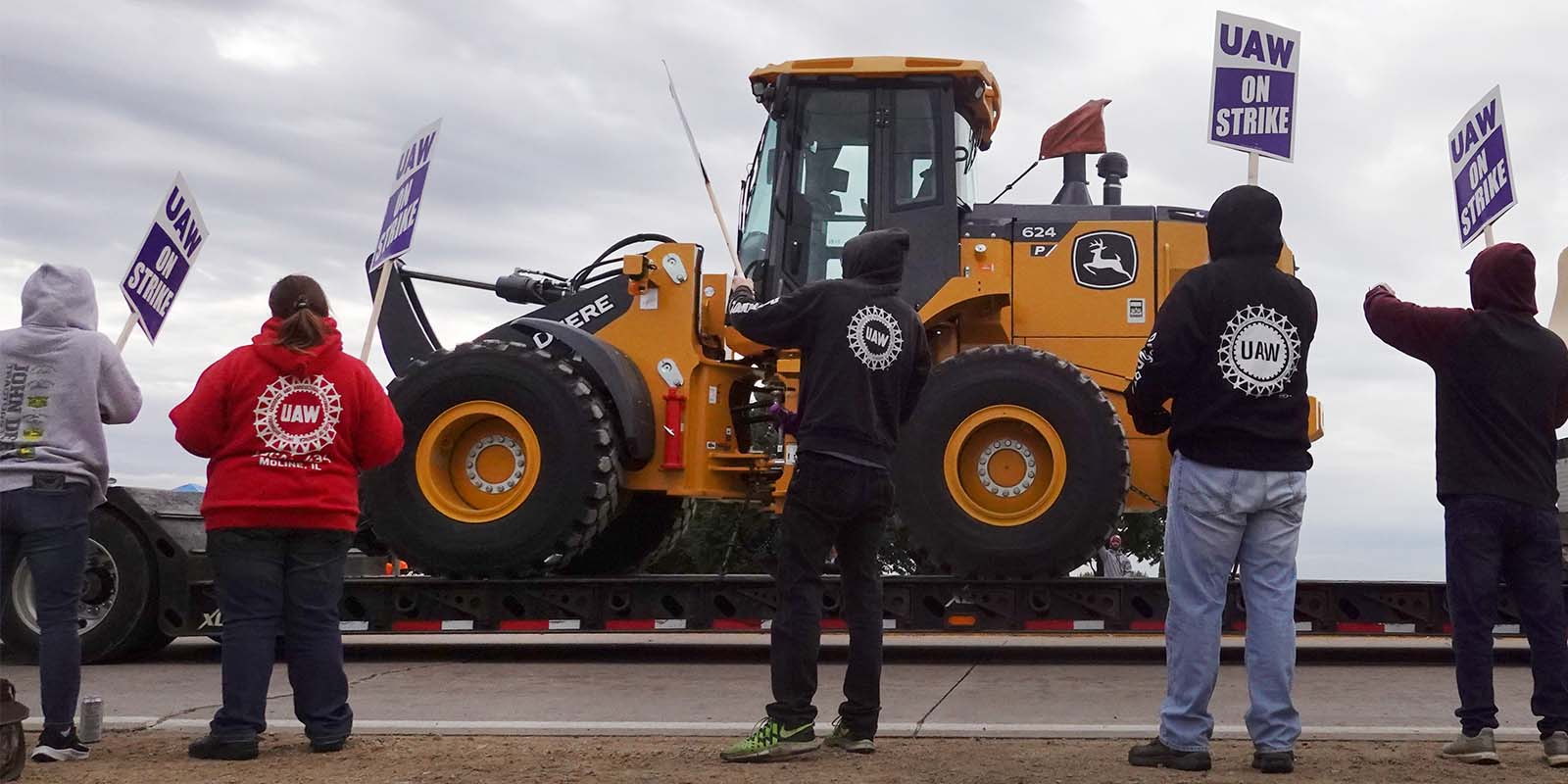Their jobs couldn’t be more varied: Television and film production crews to John Deere factory workers to California health care workers and more. What they all have in common, though, is they are fed up, and they’re speaking out. Many have taken to the picket line this month, leading some to call October, “Striketober.”
More than 18,000 United Nurses Associations of California/Union of Health Care Professionals (UNAC/UHCP) health care workers who work for Kaiser Permanente facilities in Southern California voted to strike last week if their calls for long-term solutions to chronic understaffing and reasonable wage increases aren’t met.
UNAC/UHCP members, who are affiliated with AFSCME, and Kaiser management have been in negotiations since April. Union members are focused on recruiting additional nurses and other health care workers as severe shortages threaten to put patient care at risk. To ensure fair and competitive wages, workers are asking for 4% wage increases each year for the next three years. Meanwhile, Kaiser wants to cut wages for new nurses and health care workers, which in the long run would depress wages for current workers.
For the more than 10,000 John Deere workers on strike, wages are a key issue. The workers, whose strike began on Oct. 14, turned down proposed raises of 5% to 6%. Having lost power and ground in the 1990’s, while their employer is seeing record profits and massive payouts for its executives, the John Deere workers aim to make the most of this moment – when workers’ voices are being heard louder than ever.
For members of the International Alliance of Theatrical Stage Employees (IATSE), working conditions were front and center before a strike was averted last Monday, when the union reached a tentative agreement with the Alliance of Motion Picture and Television Producers.
The 60,000 IATSE members had voted nearly unanimously to strike and were preparing to launch the first strike in their union’s history. The potential strike shed light on harsh working conditions that the often invisible workers behind our television shows and movies face, including grueling hours with few breaks, inadequate rest periods and poor wages.
And 1,400 workers at Kellogg cereal plants went on strike on Oct. 5. They are members of The Bakery, Confectionery, Tobacco Workers and Grain Millers International Union (BCTGM), and they are fighting for better pay, health care and retirement benefits and against outsourcing jobs to Mexico.
As this most recent wave of worker action is cresting, so is support for unions. According to Gallup, approval for unions is at its highest since 1965, with 68% of Americans supporting unions.
In order to have a voice on the job, you need a powerful tool to amplify that voice. Unions are that tool. Learn how the union difference can be felt on the job, at home and even in retirement.
